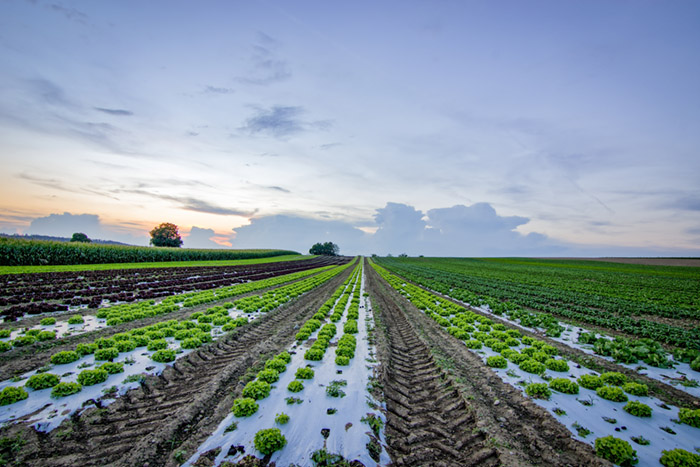
Agriculture has been the backbone of human civilization since time immemorial, providing food, fiber, and fuel for communities worldwide. As we progress into the future, the need to innovate and revolutionize agricultural practices becomes more critical than ever. In this blog, we will explore seven ingenious ways to transform agriculture, ensuring sustainability, increased productivity, and a brighter future for farmers and consumers alike.
Precision Farming:
Embrace the power of technology and data-driven decision-making with precision farming. This approach involves using advanced tools like drones, satellite imagery, and IoT devices to monitor and analyze soil health, crop growth, and weather patterns. With precise data, farmers can optimize resource usage, apply fertilizers and pesticides only where needed, and ensure maximum crop yield while minimizing environmental impact.
Vertical Farming:
Space constraints and the need for year-round production have led to the rise of vertical farming. By cultivating crops in vertically stacked layers, often in controlled indoor environments, this innovative technique uses less land and water compared to traditional farming. LED lighting and hydroponic or aeroponic systems further enhance plant growth, providing fresh produce right in the heart of urban centers.
Sustainable Farming Practices:
Promote sustainability by adopting eco-friendly agricultural practices. Implement techniques like crop rotation, cover cropping, and reduced tillage to improve soil health, reduce erosion, and enhance biodiversity. Sustainable farming not only safeguards the environment but also creates more resilient agricultural systems that can withstand challenges like climate change and pest outbreaks.
Aquaponics:
Blending aquaculture with hydroponics, aquaponics is a closed-loop system where fish farming and plant cultivation complement each other. Fish waste provides nutrients for plants, and in turn, the plants purify the water for the fish. This symbiotic relationship results in a highly efficient and sustainable way to produce both fish and fresh vegetables, conserving water and maximizing space utilization.
AI and Machine Learning in Agriculture:
Integrate artificial intelligence and machine learning into farming practices to improve efficiency and decision-making. Smart algorithms can analyze vast amounts of data, predict optimal planting times, detect diseases in crops, and even autonomously operate agricultural machinery. By harnessing the power of AI, farmers can streamline operations and boost productivity.
Agroforestry:
Combine agriculture with forestry through agroforestry practices. Planting trees on farmlands not only helps sequester carbon dioxide but also provides shade for crops, protects against soil erosion, and creates habitats for beneficial wildlife. This integrated approach enhances biodiversity, generates additional income from timber or fruit production, and contributes to long-term ecological balance.
Mobile Applications for Farmers:
Empower farmers with technology by creating user-friendly mobile applications. These apps can offer real-time market prices, weather forecasts, pest and disease identification, and access to agricultural experts for guidance. Providing valuable information at their fingertips, such apps enable farmers to make informed decisions and improve their overall efficiency.
Conclusion:
Agriculture is entering a new era, where innovation and sustainability are the keys to success. By embracing precision farming, vertical farming, sustainable practices, aquaponics, AI, agroforestry, and mobile applications, we can revolutionize the way we produce food and ensure a brighter future for generations to come. Let us continue to support and invest in these ingenious ways to make agriculture more resilient, productive, and environmentally friendly.









